
Learning human rights to make a difference in Georgia
The European Union and the United Nations are working in partnership to equip Georgia’s public and civic sectors with real-world, practical insights into human rights protection, organising a series of trainings last month for public servants, civic activists and journalists.
The trainings brought together representatives of state institutions, media, professional associations and civil society, and focused on the available tools and mechanisms to ensure respect for human rights in all areas.
On 15-16 July, a training session for journalists, carried out in partnership with the Office of the State Minister for Reconciliation and Civic Equality, addressed the impact of misinformation and disinformation on protecting the rights of ethnic and national minorities. The training programme highlighted the critical role of the media in combating hate speech and fake news and providing the public with reliable and trustworthy information.
On 17-18 July, lawyers from the Legal Aid Service and the Georgian Bar Association participated in a training on the rights of people with disabilities. They discussed international standards in protecting disability rights and the challenges faced by people with disabilities in Georgia in getting access to justice.
On 19-20 July, human rights activists and representatives of organisations engaged in protecting the rights of LGBTQI+ persons learned how to prepare and submit alternative reports and communications to the UN human rights Treaty Bodies and how to use the UN human rights mechanisms for advocacy and strategic litigation.
Finally, on 28-29 July, representatives of Georgia’s Public Defender’s Office discussed how better to protect the right to health in Georgia, and refreshed their knowledge of international standards in this area.
“At UNDP, we deeply believe that respect for human rights is the foundation of democracy,” said Anna Chernyshova, UNDP Deputy Resident Representative in Georgia. “A democratic society is primarily assessed by how it protects the rights of minorities and not just the rights of the majority. With this in mind, we join hands with the European Union and our partners to assist journalists, lawyers, civic activists and the LGBTQI+ communities to better understand and more effectively protect human rights, ensuring that no one is left behind.”
The European Union and the United Nations, through their ‘Human Rights for All’ programme, promote a human rights culture in Georgia and help increase public awareness of human rights values and principles. Working with a wide range of local and international partners, the EU and the UN seek to ensure that all citizens can enjoy the rights and freedoms safeguarded by Georgia’s Constitution and major policy documents in line with the country’s national priorities and international commitments under the Association Agreement with the European Union, the Sustainable Development Goals, and the UN human rights treaties.
Find out more
MOST READ
SEE ALSO
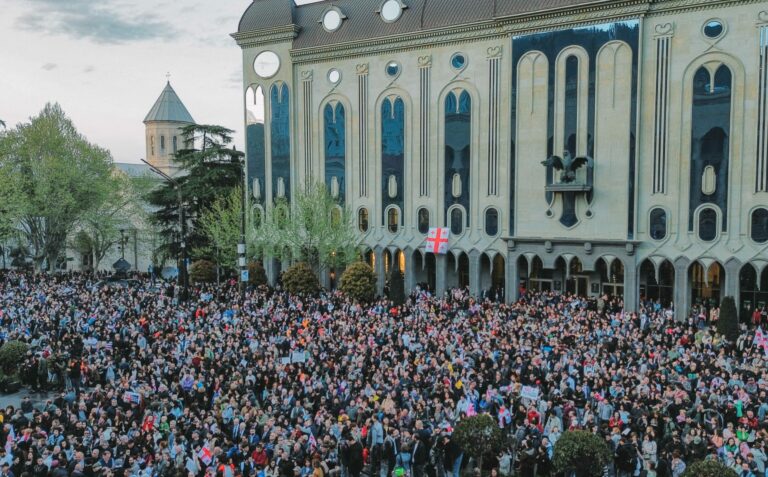
Borrell urges Georgian political leaders to withdraw draft law on foreign influence
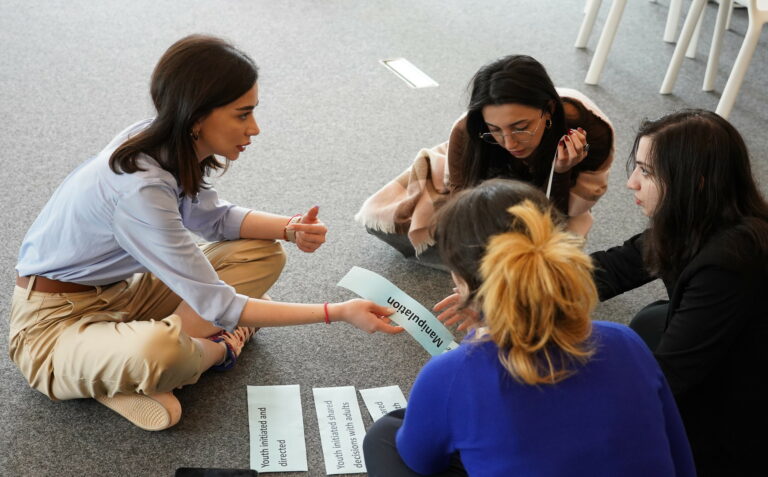
EU4Youth Alumni Network hosts IdeaLab in Tbilisi
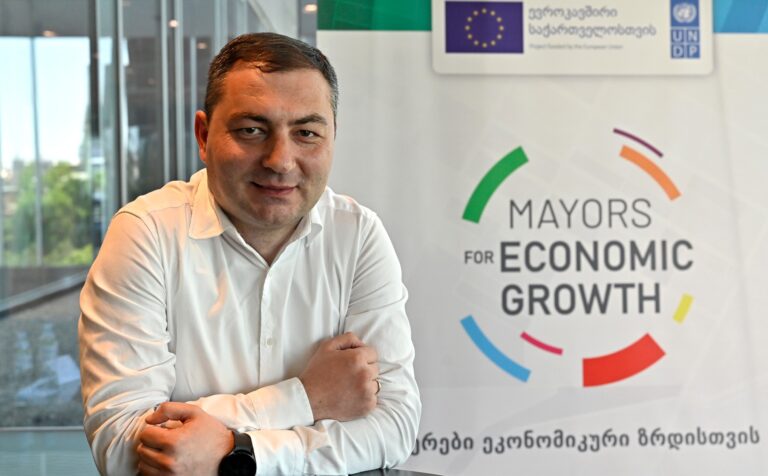
EU and UNDP launch Academy for Financial and Investment Readiness for Georgian municipalities
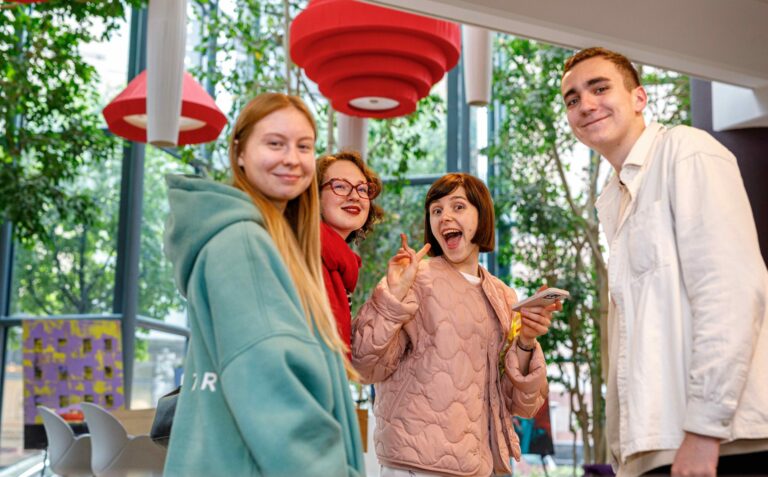
Voice Your Vision: Young European Ambassadors take part in European Forum of Young Leaders in Warsaw
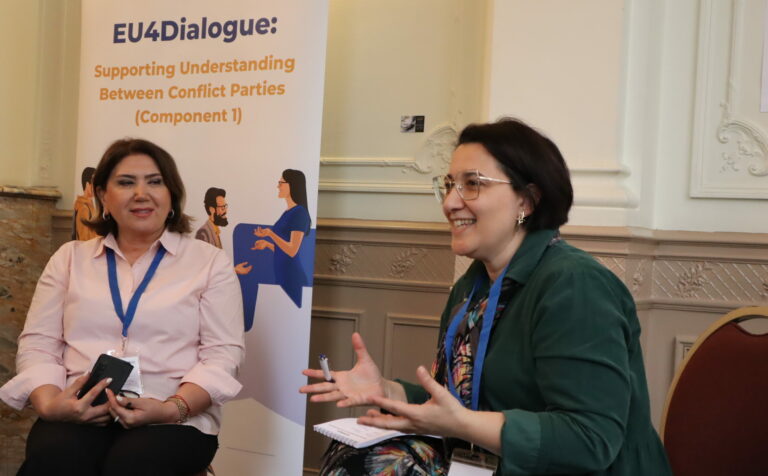
Women’s international conference boosts local ownership and women’s participation in policymaking
More campaign pages:
Interested in the latest news and opportunities?
This website is managed by the EU-funded Regional Communication Programme for the Eastern Neighbourhood ('EU NEIGHBOURS east’), which complements and supports the communication of the Delegations of the European Union in the Eastern partner countries, and works under the guidance of the European Commission’s Directorate-General for Neighbourhood Policy and Enlargement Negotiations, and the European External Action Service. EU NEIGHBOURS east is implemented by a GOPA PACE-led consortium. It is part of the larger Neighbourhood Communication Programme (2020-2024) for the EU's Eastern and Southern Neighbourhood, which also includes 'EU NEIGHBOURS south’ project that runs the EU Neighbours portal.

The information on this site is subject to a Disclaimer and Protection of personal data. © European Union,







